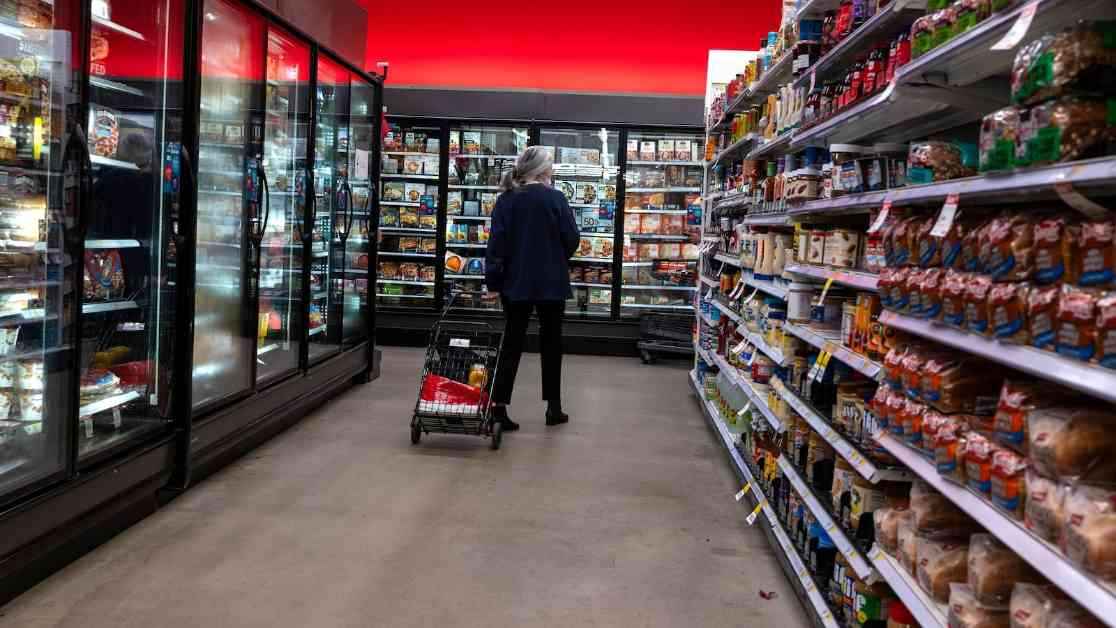U.S. consumers are embarking on a tariff-induced shopping frenzy, with fears of President Donald Trump’s impending tariffs driving many to stock up on goods ranging from furniture to alcohol. The tariffs, set to raise prices on everyday items, have economists sounding the alarm on the potential for a recession. Amid this uncertainty, Americans like Noel Peguero from Queens, New York, are hitting the stores, eager to beat the price hikes.
The Rush to Buy Before Tariffs Hit
Peguero, a 50-year-old school worker, recently spent around $3,500 on various items, including car parts, gardening supplies, and electronics like a Hisense television and a MacBook laptop for his son. His rationale? “Now is the time to buy,” he told ABC News, emphasizing that the purchases were already on his list but were expedited to avoid increased costs. Peguero’s story resonates with many across the country who are racing against the clock to secure goods before tariffs take full effect.
Auto sales saw a notable surge of 11.2% in March as consumers rushed to dealerships to avoid the 25% tariffs on imported cars that kicked in on April 3. The urgency to make these purchases stems from the looming threat of higher prices on a wide range of products, prompting Americans to take action to safeguard their wallets.
Expert Advice on Navigating Tariff Impact
While the impulse to stock up on essentials is understandable, experts urge caution when it comes to spending beyond one’s means. Ted Rossman, a senior industry analyst at Bankrate, highlights the importance of financial prudence in the face of economic uncertainty. “A lot of people are dealing with diminished savings and rising debt, so they may not be in a position to make a big purchase or put together a large stockpile,” he advises. Taking a long-term perspective on financial decisions, such as holding onto a car for a bit longer or delaying home renovations, may be a more sustainable approach for some consumers.
With the majority of U.S. trading partners now under a 10% tariff and reciprocal tariffs set to rise for select partners on April 9, concerns about price hikes and potential product shortages are mounting. The specter of empty store shelves, reminiscent of the COVID-19 pandemic, looms large in the minds of many consumers. Billionaire entrepreneur Mark Cuban’s recent call to stock up on consumables has added fuel to the fire, with warnings of impending price spikes on everyday items.
However, experts reassure that while some caution is warranted, widespread shortages are not expected. “Thankfully the supply chain is in much better shape than it was during the pandemic,” notes Rossman. Despite the uncertainties surrounding tariffs and their impact on prices, maintaining a balanced approach to spending and debt management remains crucial for individuals navigating this economic landscape.
As the nation grapples with the implications of tariffs on consumer goods, the key takeaway is clear: thoughtful planning and financial prudence are essential in times of economic flux. While the allure of pre-emptive purchases may be strong, a measured approach rooted in long-term financial stability is the most effective strategy for weathering the storm. By balancing immediate needs with future goals, individuals can navigate the current economic landscape with resilience and foresight.














